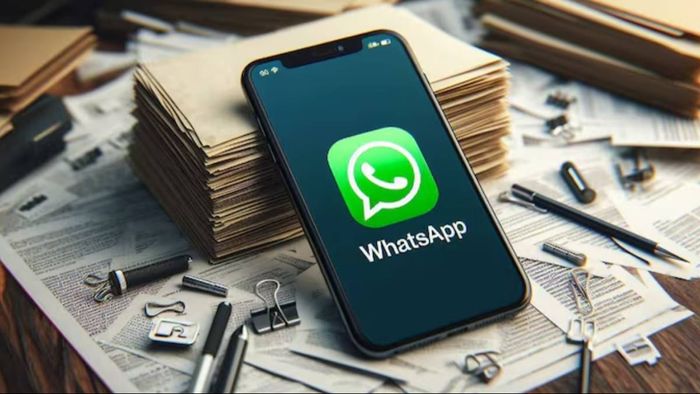WhatsApp threatens to cease operations in India if forced to break message encryption
WhatsApp has issued a warning to the Delhi High Court that it could cease operations in the country if forced to compromise its end-to-end message encryption. The case is related to the Information Technology Rules, 2021, which require the storage of messages and identification of message originators.

- Apr 26, 2024,
- Updated Apr 26, 2024, 1:00 PM IST
WhatsApp threatened the Delhi High Court saying it would cease operations if forced to break end-to-end encryption of messages.
Advocate Tejas Karia, representing WhatsApp told a Bench of Acting Chief Justice Manmohan and Justice Manmeet Pritam Singh Arora that the platform's commitment to privacy and encrypted communication. He said, “As a platform, we are saying, if we are told to break encryption, then WhatsApp goes.”
The court is hearing petitions filed by WhatsApp and Facebook (now Meta) which challenges Rule 4(2) of the Information Technology (Intermediary Guidelines and Digital Media Ethics Code) Rules, 2021.
Arguing that the rule would necessitate WhatsApp to store billions of messages for several years, a requirement not present anywhere else globally, Karia also informed that the guideline mandates social media intermediaries to enable identification of the first originator of information when ordered by a court or competent authority.
The bench questioned Karia if any other market in the world, even in South America is discussing a similar issue to which he replied, “No, not even in Brazil.”
Advocate Kirtiman Singh, representing the central government, emphasised the importance of tracing message originators, especially given India's status as WhatsApp's largest market with over 500 million users. He pointed out that government bodies rely on WhatsApp to swiftly communicate vital information to citizens. Additionally, Singh highlighted that the proposed rule goes beyond the scope of the Information Technology Act, which does not require breaking encryption.
The case has been postponed until August 14.
WhatsApp had rolled out end-to-end encryption from 2016. Pertaining to the same, WhatsApp claims “Privacy and security is in our DNA, which is why we built end-to-end encryption into our app. When end-to-end encrypted, your messages, photos, videos, voice messages, documents, status updates, and calls are secured from falling into the wrong hands.”